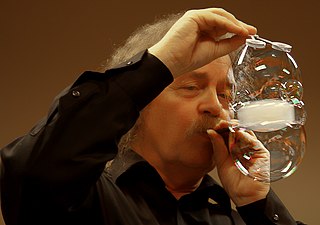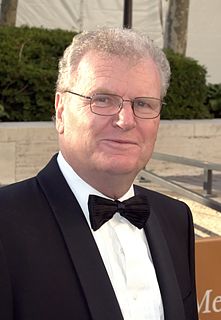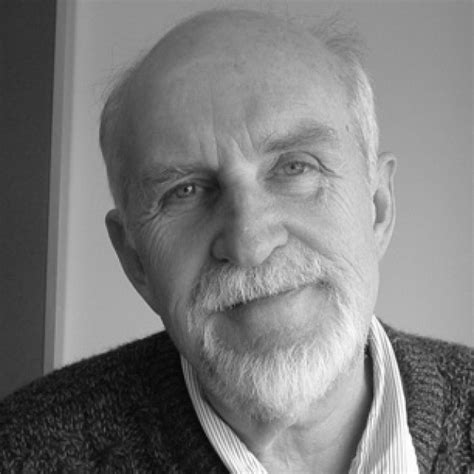A Quote by William Friedkin
We were just trying to make the films that we could get made, and to push the envelope. We didn't realize how far we had pushed the envelope. That all came later. That all came from books and articles about the golden age of the '70s. Believe me, to a lot of us, it was no golden age. The studio heads were very powerful then. They would fire guys right and left. They would look at your dailies and tell you what was wrong with them... a lot of stuff that doesn't go on today. Young filmmakers who are successful today, they don't often have that to put up with.
Quote Topics
About
Age
Articles
Believe
Books
Came
Could
Envelope
Far
Films
Fire
Get
Go
Golden
Golden Age
Guys
Had
Heads
How
How Far
Just
Later
Left
Look
Lot
Made
Make
Me
Often
Powerful
Push
Pushed
Put
Realize
Right
Studio
Stuff
Successful
Tell
Them
Then
Today
Trying
Up
Us
Very
Very Powerful
Were
Would
Wrong
Young
Young Filmmakers
Your
Related Quotes
I look old. To be honest, up until two or three years ago, my age put a lot of restrictions on me. I was told, 'You look like you're in your mid- to late-twenties, but you're actually too young.' There were a lot of restrictions like that when it came to casting. I even requested that they remove my age on my public profile.
In the first batch of readers, back in the '60s and '70s, the criminal class was still literate, so I would get letters from people in prison; they thought that I was somebody whom they could shop-talk with, and they would tell me very funny stories. I got a lot of those. Guys who were going to wind up doing 10 to 15 for bank robbery, yes, were reading my books.
When I was a kid, a lot of my parents' friends were in the music business. In the late '60s and early '70s - all the way through the '70s, actually - a lot of the bands that were around had kids at a very young age. So they were all working on that concept way early on. And I figured if they can do it, I could do it, too.
God made men by baking them in an oven, but he forgot about the first batch, and that's how Black people were born. And then he was so anxious about the next batch, he took them out of the oven too soon, so that's how White people were made. But the third batch he let cook until they were golden-golden-golden, and, honey, that's you and me.
Of course you want to keep making good records, but I think there were certain aspects to the indie rock situation at that point where we were pushing the envelope a little bit too far. We weren't happy with the distribution we were getting, and a few other things. So for a lot of ways it made sense for us to jump to a major label right then, and it made sense in terms of challenging ourselves to put ourselves in new situations.
In the late '70s, the conditions that bands had to endure were, shall we say, not as civilized as they are today. People were a lot more aggressive back then. So there was definitely a lot of suffering for your art. But I would argue that was a good thing. Generally, people make better music when they suffer.
My children came out as individuals in their own right. They were not my products. They had their own characters and were very strong-minded. I gave them a lot of freedom when they were still very young. The one thing they got from me is morals. They would never betray anyone. They are really good people.






































